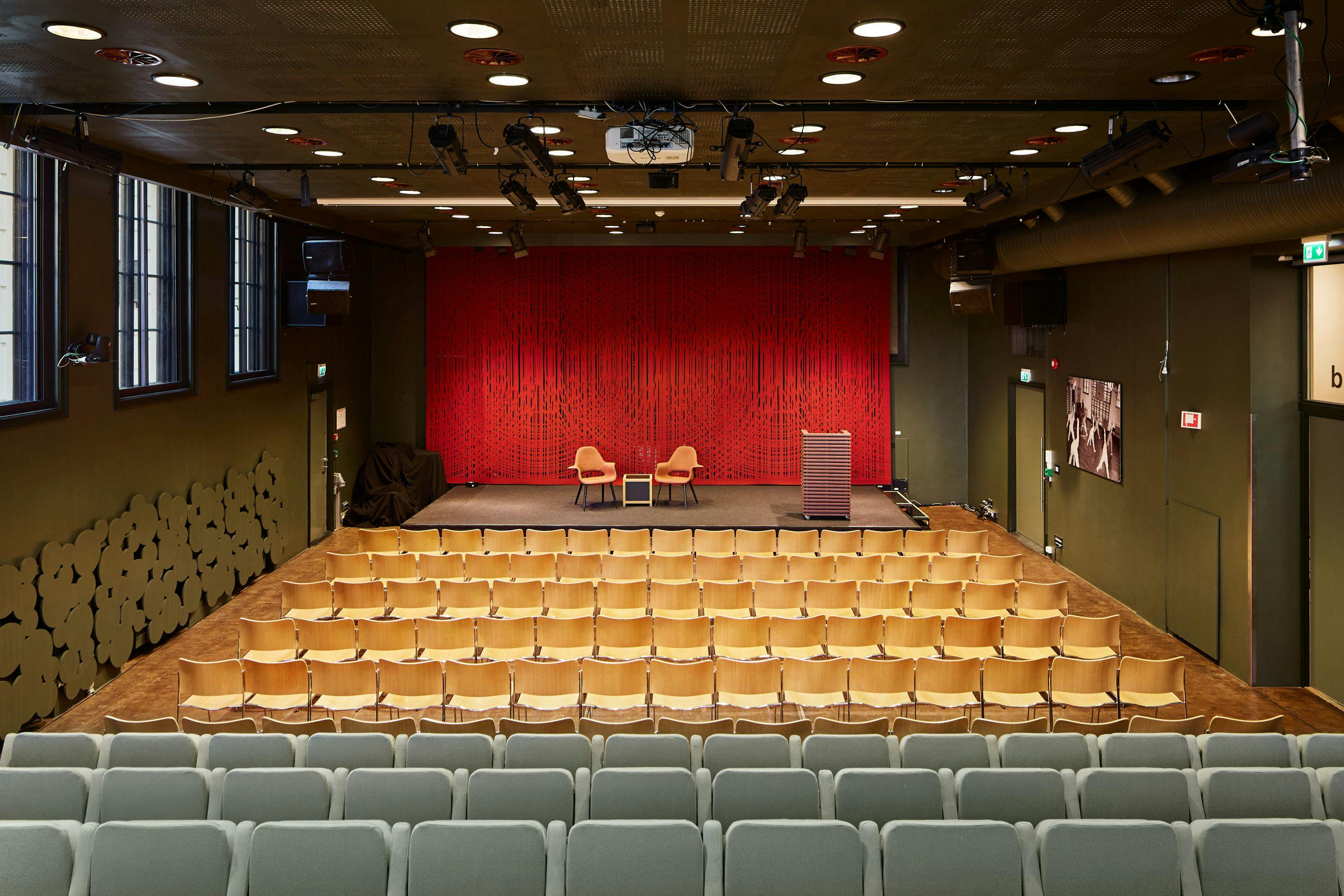How do intelligence actors, activities, and culture influence Russian foreign policy and domestic politics?
Russia is often seen as a ‘KGB state’, with the all major institutions penetrated by ruthless agents. The authoritarian and repressive regime uses the intelligence services to crack down on domestic dissent, kill its rivals, and collect sensitive information on our vulnerabilities. They enjoy wide powers, have generous budgets, and commit crimes with impunity.
Yet the FSB got Ukraine fatally wrong, which led to the disastrous decision to go to full-scale invasion. The 2016 establishment of the National Guard, a new ‘praetorian guard’ that is directly subordinated the President, was not exactly a declaration of confidence in the traditional security services. ‘Special operations’ have become the default approach to virtually every challenge, against the advice of military, economic, and political expertise, resulting in new problems and betraying the weaknesses of the incumbent regime.
- How do intelligence actors, activities, and culture influence Russian foreign policy and domestic politics?
- How has Russian intelligence been functioning in the Ukraine war?
- In what ways are Russian security policy and strategic deterrence intelligence-led?
Contributors
- Mark Galeotti (University of Kent)
- Julie Fedor (University of Melbourne)
- Katarzyna Zysk (Institute for Defence Studies, Norwegian Defence University College)
- Tom Røseth (Staff and Command College, Norwegian Defence University College)
- Jardar Østbø (Institute for Defence Studies, Norwegian Defence University College)
This seminar is part of the international research project ‘RUSINTELSTATE – The Russian Hybrid Intelligence State: The Dynamics of Russian Intelligence-(Mis)Led Domestic Politics and Foreign/Security Policy’ (2024-27), which is funded by the Research Council of Norway (project no. 343244) and hosted by the Institute for Defence Studies.

